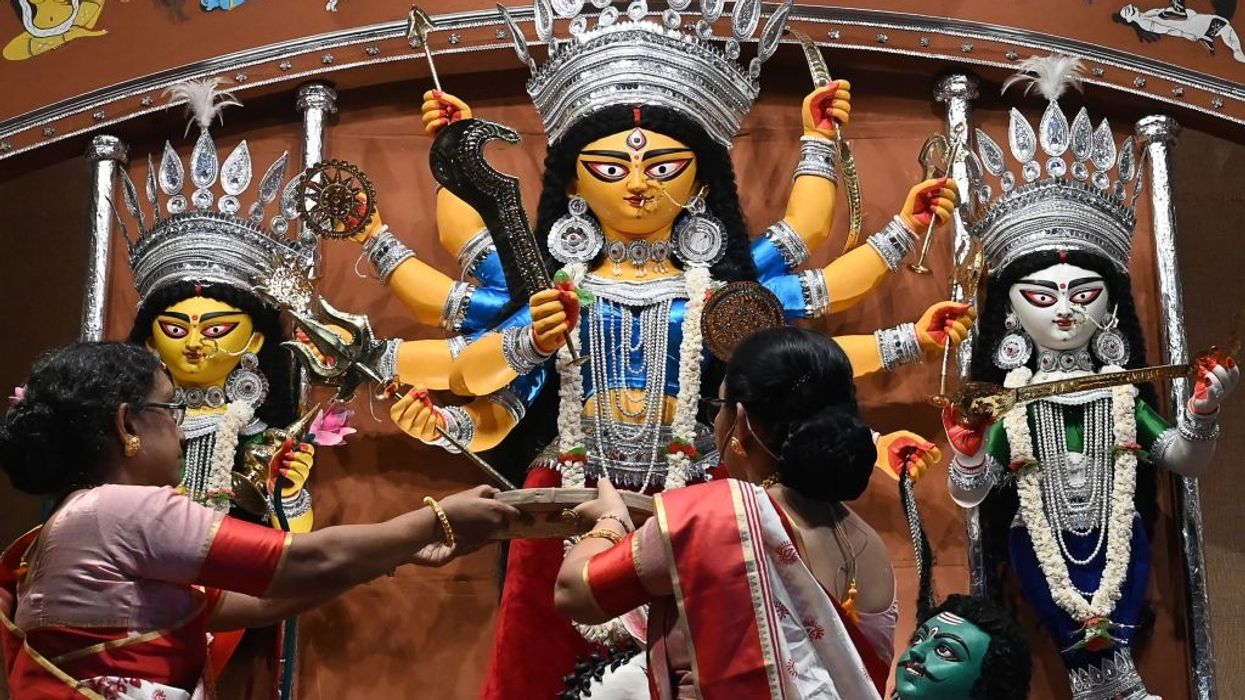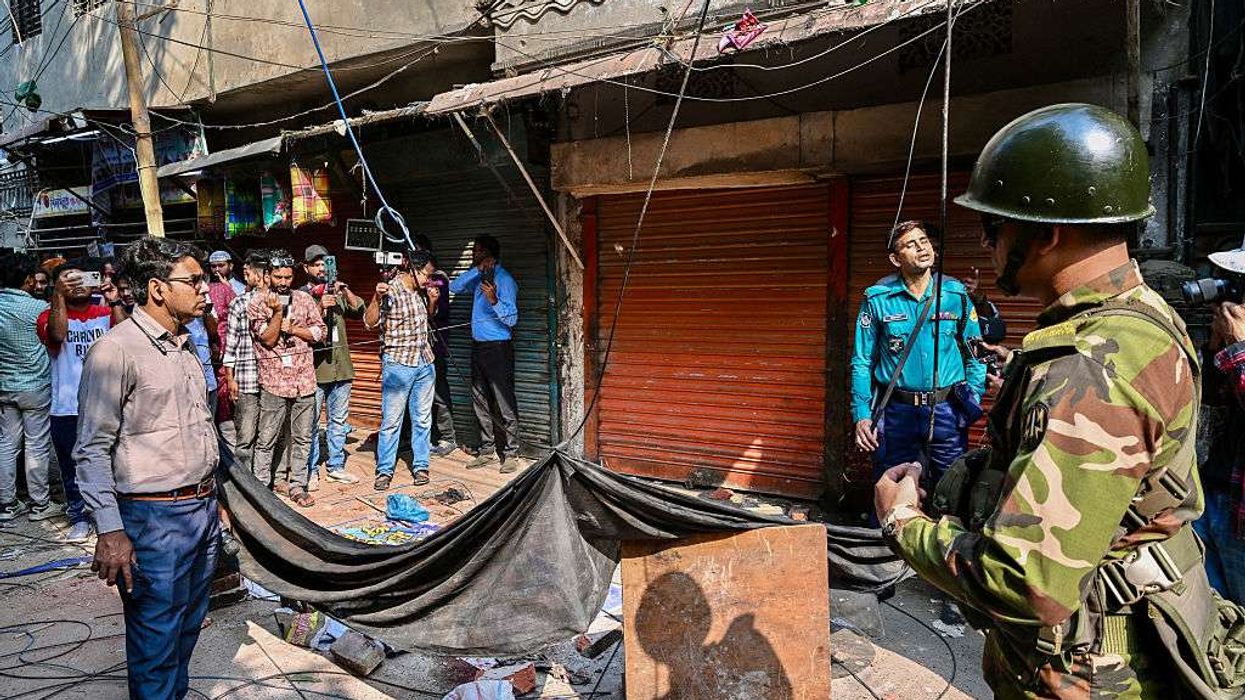THE United Nations Educational, Scientific and Cultural Organisation (UNESCO) has added Durga Puja, one of India’s major festivals, to its ‘Representative List of Intangible Cultural Heritage of Humanity’ in a first of its kind move in Asia.
In a tweet, the world body wrote, “Celebrations of city of joy - Kolkata! Durga puja has been added to the Representative List of Intangible Cultural Heritage of Humanity.”
Durga Puja is the biggest festival of the Bengali community and Kolkata, the capital of the eastern Indian state of West Bengal which is also called the ‘City of Joy’, celebrates the festival in a grand way every year.
The 16th Committee of UNESCO for safeguarding of the Intangible Cultural Heritage (ICH) at its meeting held in Paris, France, on Wednesday (15) inscribed the Kolkata festival on the ICH of Humanity. It is the first festival from Asia to make its way into the list.
There were 48 nominations.
An evaluation body featuring six ICH experts reviewed the nominations and made recommendations to the committee to take the final decision. The committee approved the decision to pick Durga Puja in Kolkata for the list.
According to a report in Indo-Asian News Service, UNESCO also commended the concerned organisations in the ‘City of Joy’ for their efforts to involve marginalised groups and individuals besides women in their participation in protecting the intangible cultural heritage.
The other festivals that have been recognised as UNESCO Intangible Cultural Heritage of Humanity are three each from South America and Europe.
West Bengal chief minister Mamata Banerjee thanked the world body over its decision and said it was a huge honour. She said Bengal truly became international with the honour.
In a tweet, the supremo of the Trinamool Congress party said, “Proud moment for Bengal! To every #Bengali across the world, Durga Puja is much more than a festival, it is an emotion that unites everyone. And now, #DurgaPuja has been added to the Representative List of Intangible Cultural Heritage of Humanity. We are all beaming with joy!”
Durga Puja’s inclusion in the list underlines not only the significance of the festival but also efforts made by the Banerjee government to highlight the cultural richness of the state.
The Durga Puja carnival organised at the end of the festivities on Kolkata’s Red Road is a unique event. It attracts people from all walks of life who collectively celebrate the diverse culture of Bengal epitomised in Durga Puja festival.
In a statement, the government of Bengal said, “We are proud of our Durga Puja and it is our proud and historic moment. It is a red-letter day for us. Bengal is now ‘Biswa Bangla’ in a real sense. Congratulations to all the people of Bengal, the country and the world. We convey our thanks and gratitude to UNESCO for the recognition bestowed on this great festival as Intangible Cultural Heritage of Humanity.”
Banerjee, who has emerged as a major anti-Narendra Modi face in Indian politics, also used the occasion to slam the prime minister’s Bharatiya Janata Party (BJP) saying the UNESCO’s move was embarrassing for the saffron party.
It may be recalled here that the BJP leadership often accused Banerjee of disallowing Durga Puja in her state and encouraging the festivals of a minority community.
Prime minister Modi tweeted in Bengali saying, "A matter of pride and joy for every Indian! Durga Puja highlights the best aspects of our cultural and spiritual characteristics. And, everyone should have the experience of Durga Puja in Kolkata."













